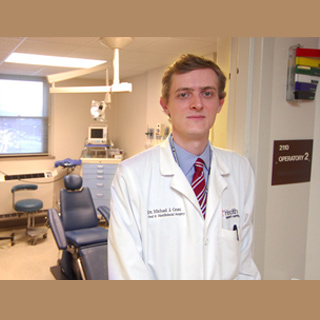
Throughout the study, scientists analyzed 440 cases of lower jaw fractures that were treated between July 2004 and June 2009. Patients were segregated in groups on the basis of how soon care was provided after injury. The groups included patients given care from 0 to 72 hours, three to seven days and more than seven days. These cases were scrutinized for the presence of complications resulting in treatment within operating room.
Michael Grau, DMD, said, “A complication could be anything from an infection that requires surgical draining to a removal of infected hardware or a fracture that didn’t heal properly. Anything that could be treated with a minor outpatient visit to the doctor was not counted as a complication. The main thing we were looking at was the complication rate in relation to how quickly they were treated after their initial injury, looking for any differences between patients treated immediately and those treated days after.â€
Experts were probably unable to note any significant variation in complication rate among the groups. It can therefore be concluded that jaw fracture patients may be treated on a non-emergency or outpatient basis without elevating the risk of further complications. Immediate hospitalization after the injury need not guarantee faster treatment. Taking into consideration the time of admittance, patients that can wait several hours, sometimes days to get into surgery can be seemingly distinguished. This possibly leads to stress for the patients due to inability of eating or drinking before surgery and delay can also result in more urgent cases.
The study was presented at the 2010 meeting of the American Association of Oral and Maxillofacial Surgeons (AAOMS), September 27 to October 2 in Chicago.
